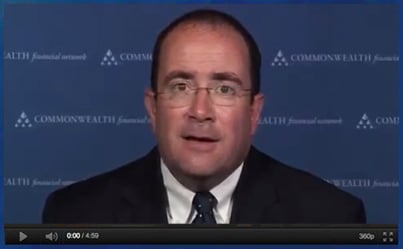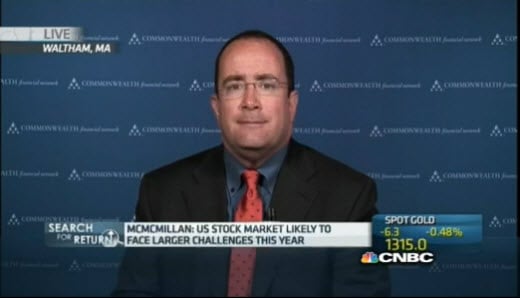We hold these truths to be self-evident, that all stock indices are not created equal.
Although capitalization-weighted indices are the most common, they’re not the only type of index out there. As I mentioned in yesterday’s post, products based on nontraditional indices can offer investors broad exposure and low costs, along with the potential to outperform the usual indices.















